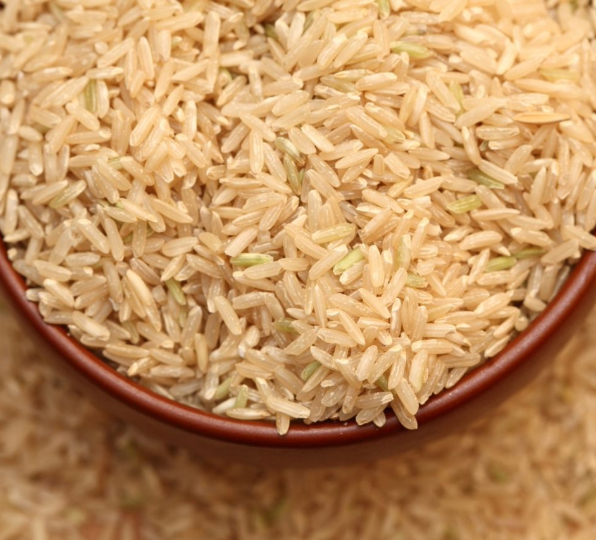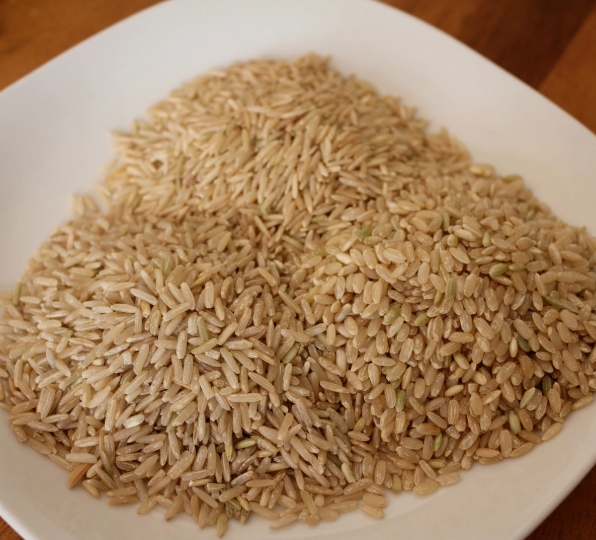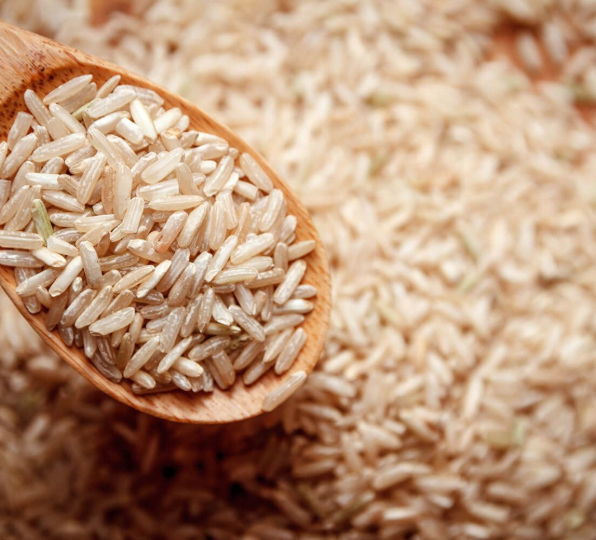Introduction:
Brown rice has long been hailed as a healthier alternative to white rice, but is it really as beneficial as it’s made out to be? This whole grain offers several nutritional advantages that make it a great addition to a balanced diet. Let’s explore the health benefits of brown rice and why it might be a good choice for you.
1.Nutrient-Rich
Brown rice is packed with essential nutrients. Unlike white rice, which has been stripped of its bran and germ, brown rice retains these layers, providing higher amounts of vitamins and minerals. It is an excellent source of:
- B Vitamins: Vital for energy production and brain function.
- Magnesium: Important for muscle function, bone health, and heart health.
- Phosphorus: Crucial for bone formation and energy storage.
- Selenium: Supports immune function and acts as an antioxidant.
2. High in Fiber
One of the most significant benefits of brown rice is its high fiber content. A single cup of cooked brown rice contains about 3.5 grams of fiber, compared to less than 1 gram in white rice. This high fiber content aids in:
- Digestive Health: Promotes regular bowel movements and prevents constipation.
- Blood Sugar Control: Helps stabilize blood sugar levels, reducing the risk of type 2 diabetes.
- Heart Health: Lowers cholesterol levels and reduces the risk of heart disease.
3.Antioxidant Properties
Brown rice is rich in antioxidants, particularly phenolic compounds. These antioxidants help fight free radicals in the body, reducing oxidative stress and inflammation, which are linked to chronic diseases such as heart disease and cancer.
4. Weight Management
Incorporating brown rice into your diet can help with weight management. The fiber in brown rice promotes a feeling of fullness, which can reduce overall calorie intake and help prevent overeating. Additionally, brown rice has a lower glycemic index than white rice, meaning it causes a slower, more gradual rise in blood sugar levels, which can aid in weight control.
5. Heart Health
Brown rice is beneficial for heart health in several ways. Its high fiber content helps lower cholesterol levels, while its magnesium content helps regulate heart rhythm and reduce the risk of heart disease. Additionally, the antioxidants in brown rice help protect against oxidative damage that can lead to heart problems.
6. Supports Bone Health
Magnesium and phosphorus, found abundantly in brown rice, play crucial roles in maintaining strong and healthy bones. Magnesium is involved in the formation of bone mineral density, while phosphorus is essential for bone structure. Including brown rice in your diet can contribute to better bone health and reduce the risk of osteoporosis.
7. Sustainable Energy Source
Brown rice is a complex carbohydrate, which means it provides a steady and sustainable source of energy. Unlike simple carbohydrates that cause spikes and crashes in blood sugar levels, brown rice releases energy slowly, keeping you fuller and energized for longer periods.
8. Gluten-Free
For those with celiac disease or gluten sensitivity, brown rice is a safe and nutritious gluten-free grain. It provides a versatile and healthy alternative to gluten-containing grains like wheat, barley, and rye.


Conclusion:
Brown rice is indeed a nutritious and health-promoting food that can be a valuable addition to a balanced diet. Its rich nutrient profile, high fiber content, and numerous health benefits make it a superior choice compared to white rice. Whether you’re looking to improve your digestive health, support heart health, manage your weight, or simply enjoy a delicious and versatile grain, brown rice has a lot to offer. So, next time you’re planning your meals, consider incorporating this wholesome grain for a healthier, more nutritious diet.












